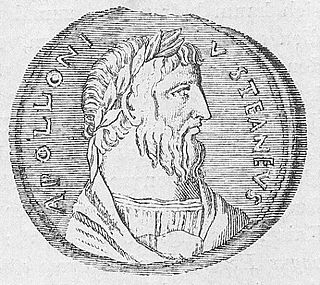A Quote by Friedrich Nietzsche
Little prigs and three-quarter madmen may have the conceit that the laws of nature are constantly broken for their sakes.
Related Quotes
That little hypocrites and half-crazed people dare to imagine that on their account the laws of nature are constantly broken; such an enhancement of every kind of selfishness to infinity, to impudence, cannot be branded with sufficient contempt. And yet Christianity owes its triumph to this pitiable flattery of personal vanity.
For the religious, passivism [i.e., objects are obedient to the laws of nature] provides a clear role of God as the author of the laws of nature. If the laws of nature are God's commands for an essentially passive world ..., God also has the power to suspend the laws of nature, and so perform miracles.
In my understanding of God I start with certain firm beliefs. One is that the laws of nature are not broken. We do not, of course, know all these laws yet, but I believe that such laws exist. I do not, therefore, believe in the literal truth of some miracles which are featured in the Christian Scriptures, such as the Virgin Birth or water into wine. ... God works, I believe, within natural laws, and, according to natural laws, these things happen.
What is earthly happiness? that phantom of which we hear so much, and see so little; whose promises are constantly given and constantly broken, but as constantly believed; that cheats us with the sound instead of the substance, and with the blossom instead of the fruit. Like Juno, she is a goddess in pursuit, but a cloud in possession.
The laws of Nature take precedence of all human laws. The purpose of all human laws is one - to defeat the laws of Nature. This is the case among all the nations, both civilized and savage. It is a grotesquerie, but when the human race is not grotesque it is because it is asleep and losing its opportunity.
The assumption that the laws of nature are eternal is a vestige of the Christian belief system that informed the early postulates of modern science in the seventeenth century. Perhaps the laws of nature have actually evolved along with nature itself, and perhaps they are still evolving. Or perhaps they are not laws at all, but more like habits.
It is one thing for the human mind to extract from the phenomena of nature the laws which it has itself put into them; it may be a far harder thing to extract laws over which it has no control. It is even possible that laws which have not their origin in the mind may be irrational, and we can never succeed in formulating them.
Since you are now studying geometry and trigonometry, I will give you a problem. A ship sails the ocean. It left Boston with a cargo of wool. It grosses 200 tons. It is bound for Le Havre. The mainmast is broken, the cabin boy is on deck, there are 12 passengers aboard, the wind is blowing East-North-East, the clock points to a quarter past three in the afternoon. It is the month of May. How old is the captain?









































